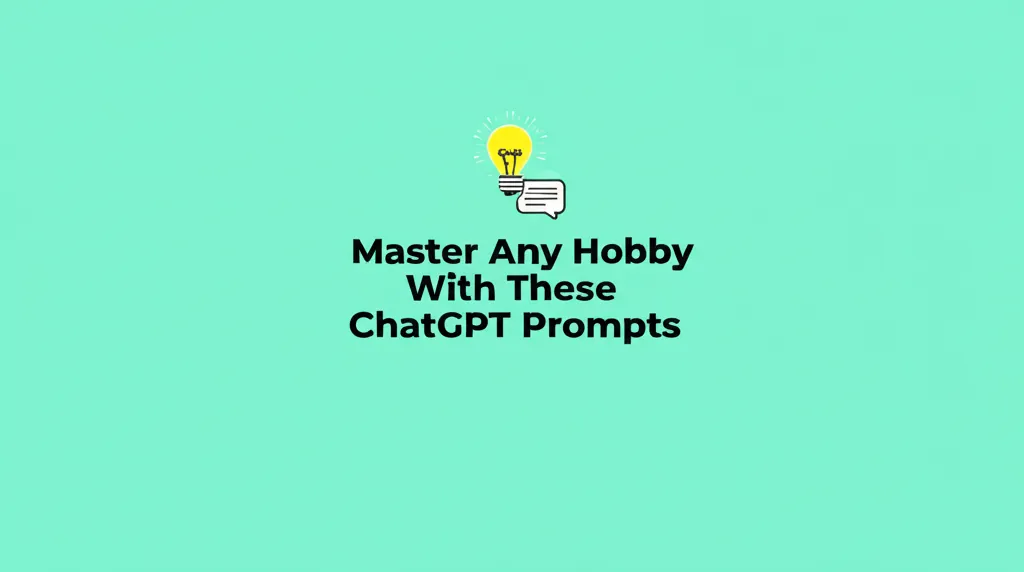Developer Offer
Try ImaginePro API with 50 Free Credits
Build and ship AI-powered visuals with Midjourney, Flux, and more — free credits refresh every month.
The Student Rebellion Against Classroom AI

In a world where artificial intelligence is rapidly becoming a fixture in education, a growing number of students are choosing to opt out. While headlines often focus on the widespread adoption of AI for everything from essays to research, a counter-narrative is emerging from students who see the technology as a threat to their education, their future careers, and their core principles.
A Musician's Dissent Against AI in the Classroom
Erin Perry, a graduate student in voice performance at the Peabody Institute, is acutely aware of how AI is impacting her field. As a classical singer, she is navigating the modern classical music sector while studying the implications of generative AI, including a major record label's lawsuit against the A.I. startup Anthropic for training models on copyrighted lyrics.
Her skepticism of AI's artistic value turned to frustration when a professor required her to use ChatGPT for an assignment. The task was to write a program note for a classical piece and then compare her work to the AI's version. The result was a waste of time. “Everything that ChatGPT returned about my piece was incorrect,” Perry noted. “The composer was right, but the composition date and other facts about the piece were either half-truths or not accurate at all.”
This experience was compounded by her university's enthusiastic promotion of AI. A campus-wide email announced the Hopkins AI Lab, a new platform to encourage the use of GenAI. “It really irks me that we’re being taught how to advocate for ourselves... and then we’re being told we need to use tools... that could end up taking away parts of our jobs,” Perry stated, calling the university's stance “spineless.”
More Than Just a Niche Opinion
Students like Perry may seem like outliers amidst reports of widespread AI-driven cheating and the corresponding surge in ChatGPT traffic during the school year. However, the resistance to AI in education is more complex than simple defiance.
Many students are concerned about practical issues. They protest instructors using AI for grading, often without their knowledge, or the use of notoriously unreliable AI detectors that can falsely flag their original work. For many, paying high tuition only to receive AI-generated feedback feels like a raw deal. But beyond these practical grievances, a deeper, more principled opposition is taking root.
The Principled Stand Against AI Integration
Sabrina Rosenstock, a film and media major at the University of Michigan, objects to AI on multiple fronts: its massive energy costs, its oversaturation in her classes, and the lack of caution surrounding its deployment. In an introductory Python class, she found a code assistant autofilling answers, preventing her from actually learning. “I wasn’t learning anything,” she said. The option to disable this feature was intentionally buried in the settings.
Even in creative classes, the push was present. “In a screenwriting class I had last semester... the professor encouraged us to use A.I. to come up with premises or ideas for a story,” Rosenstock recalled. “I remember turning to my group and saying, ‘I feel like we don’t need to do that. We could come up with this on our own.’ ” This sentiment is apparently growing, with reports of anti-A.I. backlash at prestigious film academies.
Kate Ridgewell, a library and information sciences master's student at UCLA, shares concerns about the environmental impact but also worries about AI's “hallucinations” and the “very extreme biases” from its training data, which often over-represents specific demographics and viewpoints. As a future archivist, she sees a disturbing trend in job descriptions. “A lot of archival repositories now are handing the process of description over to A.I., and then it’s our job to make sure the robot didn’t mess it up,” she explained. “We don’t want to be babysitters to A.I.”
The Erosion of Critical Thinking
For Kisa Schultz, an English doctoral student at the University of Oregon, the final straw was reading about AI's environmental impact and a recent MIT study on how AI use affects brain activity. She shifted from a policy of guided AI use to a complete ban in her classes. “My policy for other students was, If you want to use A.I. as part of your writing process, let’s do that together,” she said. “But then this last term, I shifted to a fully no-A.I. policy.”
She notes that many of her graduate student peers are staunchly against AI, citing the need to develop critical thinking skills. “One of the wonderful things about academia... is the encouragement to learn how to think and think for yourself,” Schultz explained. “A.I. just thinks for us, and I do have a fear of A.I. encouraging students that they don’t need to think for themselves anymore.”
The Unstoppable Push for AI in Education
This student resistance is unfolding against a backdrop of a massive, industry-wide push for AI integration. The American Federation of Teachers has partnered with OpenAI and Microsoft, the White House has announced an “A.I. education pledge” with major tech and education companies, and Google has introduced a suite of custom A.I. tools for classrooms. Meanwhile, universities like Ohio State are now requiring students to achieve “A.I. fluency.”
As the education sector continues its AI rampage, it's only becoming more challenging to be a student who has had enough.
Compare Plans & Pricing
Find the plan that matches your workload and unlock full access to ImaginePro.
| Plan | Price | Highlights |
|---|---|---|
| Standard | $8 / month |
|
| Premium | $20 / month |
|
Need custom terms? Talk to us to tailor credits, rate limits, or deployment options.
View All Pricing Details

